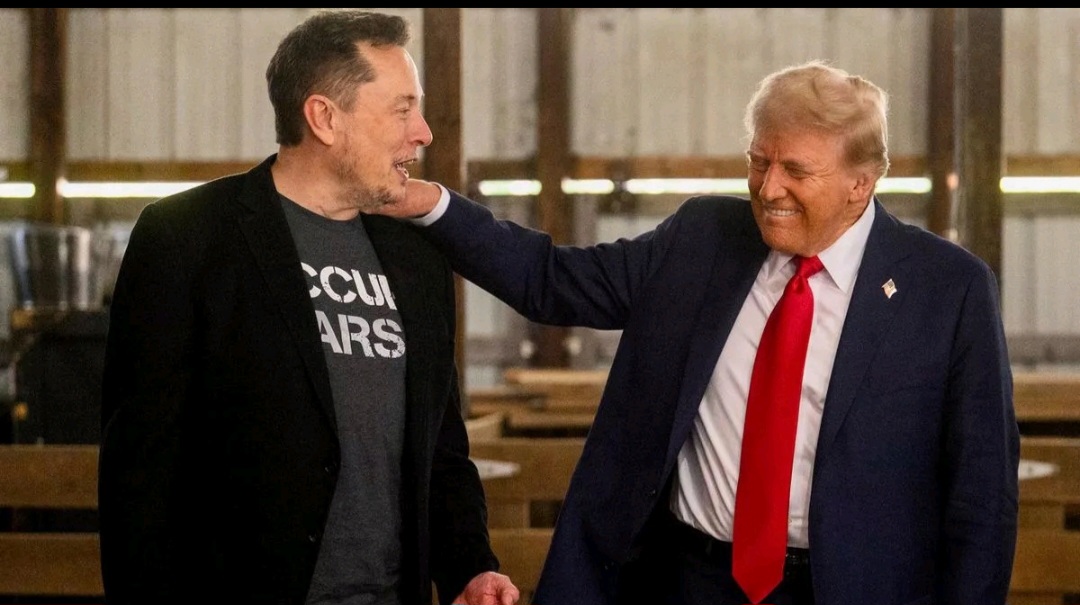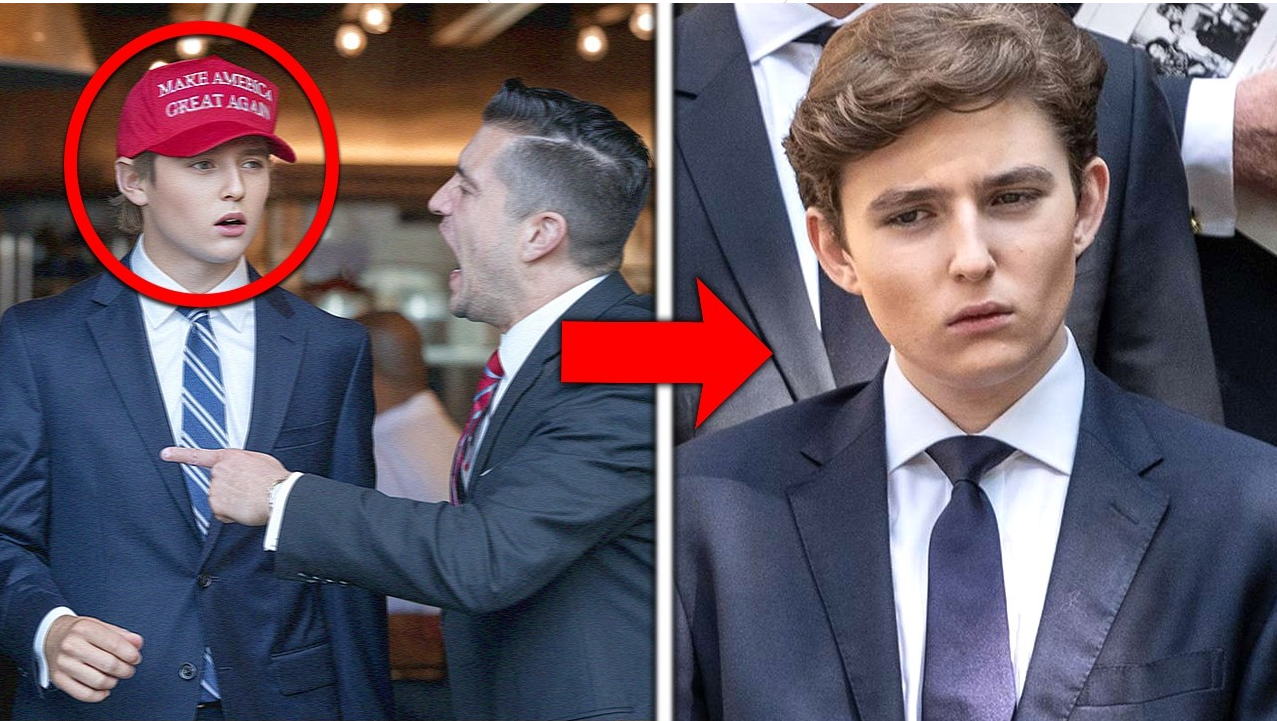America is on a precipitous cliff of becoming two nations: one vaccinated and one unvaccinated, perpetuating our joint vulnerability to COVID-19. While the Omicron wave is receding in the U.S., we are seeing an uptick in COVID-related deaths in its wake, showing that the nation could be better prepared for the next possible surge. What has held true throughout this last year of the pandemic is the COVID-19 vaccine’s ability to protect us from hospitalization and death. Paired with signs that a portion of the unvaccinated can be convinced to change their minds, with some polls showing a slight drop in individuals who say they will not get vaccinated, we must incentivize and invest in the most trusted COVID-19 vaccine messengers to reach those individuals.
Those messengers? Community healthcare professionals who have built long-term relationships with their patients, such as primary care doctors and nurse practitioners. According to a Kaiser Family Foundation poll, approximately 85% of Americans said they trusted their own doctor or healthcare provider’s opinions “at least a fair amount” for reliable COVID-19 vaccine information. This is more than the percentage who said they trusted President Biden or former President Trump, the CDC, and Anthony Fauci, MD, regarding the vaccine. Importantly, this dynamic held across all political affiliations and races. It holds true even for pediatric patients: Kaiser Family Foundation data also shows that 77% of parents trust their child’s pediatrician regarding the vaccine. Yet, the same survey data also showed that only 40% of parents of unvaccinated children ages 5-17 had spoken to their child’s pediatrician about the COVID-19 vaccine.
One bright example of engagement from this key constituency in building vaccine trust is North Carolina’s Medicaid program to provide reimbursement for doctors for up to 15 minutes of COVID-19 vaccination counseling with patients. This counseling program, launched in summer 2021, has already shown promise. State health department data show the vaccination rate of COVID-19 vaccine counseled patients ages 12 and older are 49.9% greater than for non-counseled patients. The data further estimate that counseling costs $571 for those ages 12 and older to shift one person to get vaccinated. This is a great return on investment compared to the estimated $11,267 average cost for a COVID-19 hospital stay.
Expanding North Carolina’s vaccine counseling incentive programs in a state-based model could provide further opportunities to test this model across the U.S. For example, New York City implemented a similar pilot in September 2021. Other cities and states should follow suit. A local or state-based model via health departments and Medicaid programs would allow each area to determine how to structure their incentives based on their budget and needs. One implementation model for such a program is to provide a flat rate, like in North Carolina, for providers to discuss and encourage patients to get the COVID-19 vaccine. Then, providers could receive a bonus if their patient successfully moves forward with vaccination.
Of course, implementing such incentives may risk increasing distrust from patients (or their parents) who question their provider’s motives. Providers may also feel like they do not have enough time and energy to have a thoughtful, nuanced conversation about the vaccine. Given these concerns, providers can also benefit tremendously by learning evidence-based ways to have more effective vaccine conversations, a skillset that ThisIsOurShot – VacunateYa has championed nationally. By practicing empathy, listening, and offering compassion, providers can center the conversation on the patient’s best interests, rather than forcing a stilted conversation to fulfill an incentive. Providers should also be offered educational information about the vaccine itself to better inform such conversations.
COVID-19 will likely continue to circulate in our communities for the near future, so we need to think long-term about facilitating grassroots conversations, education, and long-term engagement with individuals about the vaccine — not just the 15% of individuals who have not received any vaccine, but also those who are considering boosters. Considering the impact that misinformation has had on vaccine perceptions, we should invest in encouraging honest, thoughtful discussions around COVID-19 vaccination. We should aim to make these conversations a standard part of any primary care or pediatric care visit. In the same way we encourage community health providers to discuss public health issues like smoking, diet, and exercise with patients, we also need to encourage more COVID-19 vaccine conversations.
We should embrace the wisdom of former House Speaker Tip O’Neill who said, “all politics is local” — similarly, all public health is local. Community providers have the personal connection and relationships that best position them to drive greater uptake of the COVID-19 vaccine – our best tool to combat the pandemic long-term.
Jesper Ke is a second-year medical student at the University of Michigan. Victor Agbafe is a second-year medical student at the University of Michigan. Atul Nakhasi, MD, MPP, is a primary care physician in Compton, California, and a policy adviser for the Los Angeles County Department of Health Services, the nation’s second-largest public health system. They are a part of the ThisIsOurShot coalition to build vaccine trust.
Note: This article have been indexed to our site. We do not claim legitimacy, ownership or copyright of any of the content above. To see the article at original source Click Here













